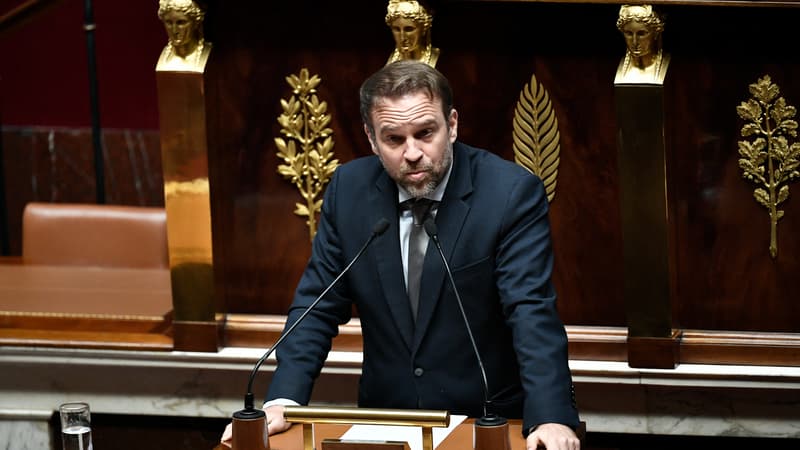1536 billion euros. This is the total amount of public spending in France in 2022, that is, 58.1% of GDP. For more than two decades, most governments have been willing to reduce it or, failing that, to limit its increase, without much success so far. Result: the tax burden represents 47% of national wealth, the highest level in the Eurozone and the second in Europe behind Denmark. And what the country does not finance with taxes, it borrows from the markets, hence a public debt ratio that exceeded 3,000 billion euros this month.
While Economy Minister Bruno Le Maire says he wants to put an end to “the intoxication of public spending”, Marc Ferracci, economist and deputy for the majority, calls for a small legislative revolution. He invites the government to try a new method: fixed-term spending.
Each measure must prove itself
Called “sunset clauses” in English, these “sunset clauses” are tools used by many Anglo-Saxon countries, such as Australia, New Zealand, and Canada. In the current context of rapid and brutal economic fluctuations, these measures respond to situations in which legislation finds it difficult to propose definitive or lasting solutions to problems.
Specifically, for each new expense, it would be a question of defining a more or less long evaluation calendar. Sometimes it takes a long time to assess the effectiveness of a measure, such as the duplication of PC classes in priority education, which costs 500 million euros to public finances.
In addition to the calendar, the legislator must specify in its legal text the evaluation methods, the objectives to which it is directed and the indicators that must be measured for this purpose.
A rigorous and independent evaluation
The most difficult part remains, and in more ways than one: evaluation. First, because of the principle, since it would be a work carried out externally and whose conclusions would be binding on the administration (which would inevitably be a source of conflict). But also in the background. A public spending may not have achieved its objective, but the lack of commitment to this spending could have had even more damaging consequences.
“For example, we must assess what would have happened if we had not supported learning with the 6,000 euros or if we had not lowered the charges for low wages. We must do this scientific but also qualitative evaluation work by having sociologists question HRDs, for example, to find out if such a measure works well within the company”, explains Marc Ferracci.
It remains to be seen if, on the government side, we will be receptive to the project. There is no shortage of institutions in charge of evaluating public spending, such as the Commission for the Evaluation and Control of Public Policies (CEC) of the Assembly, the Court of Auditors, which carries out audits, and even some ad hoc work by France Strategy. But these are case-by-case assessments at the discretion of the different institutions. And that, in addition, they are rarely followed by effects.
Auditioned by a mission from the General Inspectorate of Finance, Marc Ferracci wants to be relatively optimistic. On the Bercy side, we have already used these types of tools with, in particular, the tax on digital giants that will supposedly become obsolete once its equivalent within the OECD comes into force (theoretically in 2024). But this was a tax, always easier to eliminate than an expense.
Source: BFM TV


